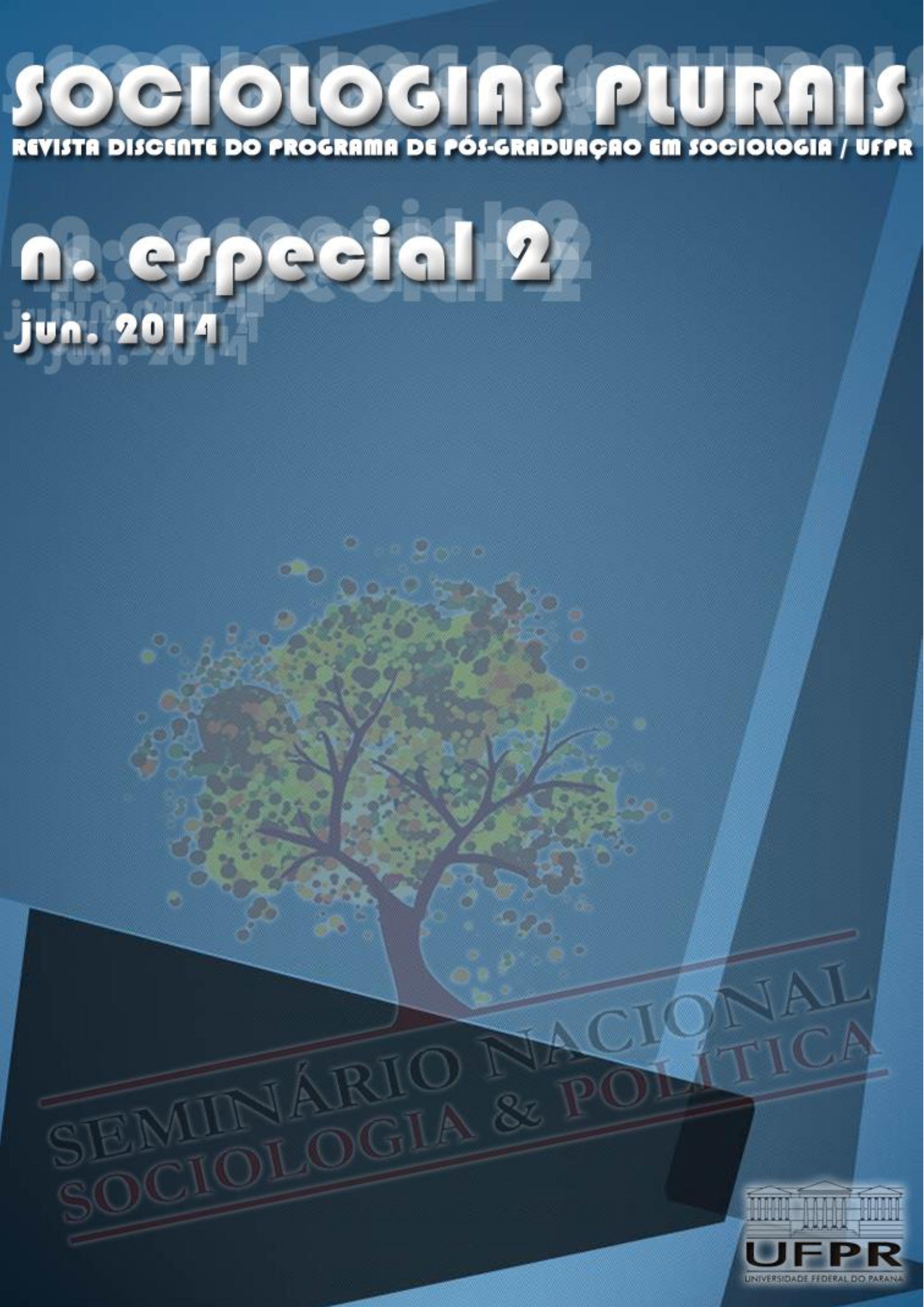SUPREME FEDERAL COURT AND FEDERALISM: ABSTRACT / CONCENTRATE CONTROL OF CONSTITUTIONALITY AS A MECHANISM TO LIMIT DECENTRALIZATION
DOI:
https://doi.org/10.5380/sclplr.v2i2e.64800Keywords:
Judiciary, Federalism, CentralizationAbstract
In federations, the existence of at least two levels of government with constitutionally, with defined roles in a non-hierarchical (at least formally) relationship, raises the question of who will be the referee when component units conflict. Federative systems therefore demand instruments for the composition of federative disputes. In most federations the judiciary, through the Supreme Court, plays an important role in resolving these conflicts. In Brazil, the role of arbitrator is played by the Federal Supreme Court (STF) and the main mechanism through which federal disputes are triggered is the Direct Unconstitutionality Action (ADI), an instrument through which a state can seek invalidation of a Union legislative decision and vice versa. In this context, the question that emerges is, in a scenario marked by the concentration of legislative powers in the central government as defined by the 1988 Constitution, what would be the role of the Supreme Court, as the main and last arena of clashes between federated entities. The results of these processes demonstrate the Supreme Court favored the expansion of central legislative jurisdiction.
Downloads
Published
How to Cite
Issue
Section
License
Attribution-Non Commercial 4.0 International (CC BY-NC 4.0)
You are free to:
Share— copy and redistribute the material in any medium or format and
Adapt— remix, transform, and build upon the material.
Under the following terms:
Attribution — You must give appropriate credit, provide a link to the license, and indicate if changes were made. You may do so in any reasonable manner, but not in any way that suggests the licensor endorses you or your use.
Non Commercial — You may not use the material for commercial purposes.
No additional restrictions — You may not apply legal terms or technological measures that legally restrict others from doing anything the license permits.







